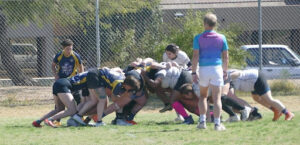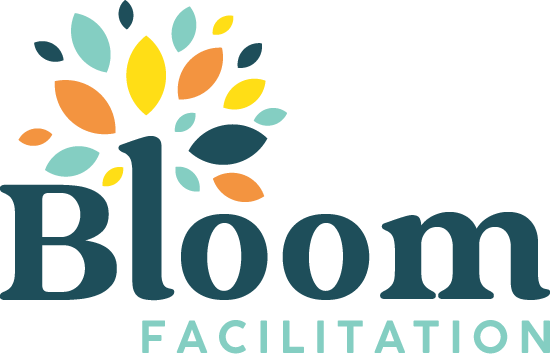I joke that 2 years ago I had a midlife crisis. I returned to playing rugby after a 12 year hiatus. I was 38 years old and the average age of the players on the team was 19 years old. I was tackling teenagers for fun. Or more importantly for this post, they were tackling me.
Rugby is a full contact sport, sort of a cross between soccer and football. We don’t wear helmets or pads and we play for 80 minutes. In an average game I would estimate that I make at least 10 tackles in addition to doing other strenuous things like scrumming and rucking.

Scrum
When people find out that I play rugby at my age they often respond with something like, “isn’t that a brutal sport?”
Yes, we pride ourselves on how much physical intensity we can handle. We compare bruises and stories about going to school or work with a black eye.
So, choosing to continue to play into my forties is not a decision I take lightly. And I’ve had to approach it differently than I did when I played in college.
My biggest lesson has been this:
Recovery is Active
After a match, I now prepare for recovery and allow myself multiple days of specific recovery activities.
For me that looks like:
- Mobility flows
- Rice bag / heat pads
- Bruise gel (arnica)
- Epsom salt soaks or compresses
- Gentle movement
- Medical massage and physical therapy if needed
- Myofascial release with a ball and a roller
- Extra sleep
- Extra water
- Good nutrition – especially good proteins
- Taking the Monday after a match off from work
Then, once I am ready I do strength training and cross training (like swimming) to build my resilience.
In my work we often talk about self care and rest and in the past I thought of that as “taking a break” or stopping what I am doing. It was helpful for me to realize that taking care of yourself is actually an active process. It is not an absence of effort, but rather a focused effort on healing and recovery. This has spilled over into my work life and my personal life as well.
